President Donald Trump has regularly disparaged his former attorney and fixer Michael Cohen as a liar since Cohen began cooperating with Special Counsel Robert Mueller's investigation of the Trump campaign. However, the President did have one bit of praise for Cohen's testimony before the House Oversight and Reform Committee.
Asked about Cohen after his summit with North Korean leader Kim Jong Un dissolved, Trump said:
"He lied a lot, but it was very interesting because he didn’t lie about one thing, he said no collusion with the Russian hoax… I was actually impressed that he didn’t say, ‘Well, I think there was collusion for this reason or that.’ He didn’t say that. He said no collusion, and I was a little impressed by that, frankly… The most important question up there was the one on collusion, and he said he saw no collusion.”
That is, in fact, false.
Cohen's prepared statement addresses collusion directly: "Questions have been raised about whether I know of direct evidence that Mr. Trump or his campaign colluded with Russia. I do not. I want to be clear. But, I have my suspicions," he said.
He continued:
Sometime in the summer of 2017, I read all over the media that there had been a meeting in Trump Tower in June 2016 involving Don Jr. and others from the campaign with Russians, including a representative of the Russian government, and an email setting up the meeting with the subject line, “Dirt on Hillary Clinton.” Something clicked in my mind. I remember being in the room with Mr. Trump, probably in early June 2016, when something peculiar happened. Don Jr. came into the room and walked behind his father’s desk – which in itself was unusual. People didn’t just walk behind Mr. Trump’s desk to talk to him. I recalled Don Jr. leaning over to his father and speaking in a low voice, which I could clearly hear, and saying: “The meeting is all set.” I remember Mr. Trump saying, “Ok good…let me know.”
The president's eldest son, Donald Trump Jr., came under fire for revealing that he met with Russian lawyer Natalia Veselnitskaya during the 2016 presidential campaign. An intermediary for Veselnitskaya promised damaging information about Hillary Clinton, the Democratic opponent. Trump Jr.’s emails––”If it’s what you say I love it especially later in the summer,” he wrote––contradicted what at the time were months of denials by the Trump administration of any collusion with Russian operatives.
Trump Jr. and the others who attended the meeting (including the president’s son-in-law and adviser Jared Kushner and former campaign chairman Paul Manafort) claimed nothing came of it, insisting they met with Veselnitskaya to discuss issues related to U.S. sanctions against Russia and the adoption of Russian children by Americans.
But Cohen's testimony adds another layer to a story Congressional investigators have already accused Trump Jr. and his associates of concocting. And observers say it's odd that in the world according to Donald Trump, Cohen is lying... just not about this.
The story of what happened that day in Trump Tower has remained a sore spot for the Trump camp.
An executive at Vkontakte, or VK, Russia’s equivalent to Facebook, emailed Donald Trump Jr. and social media director Dan Scavino in January and November 2016, offering to help promote Trump’s campaign to its millions of users, according to previously undisclosed emails which show follow-up after a meeting at Trump Tower in June of last year. The emails were read to The Washington Post. Their authenticity was confirmed by individuals with knowledge of their contents. They show a new direct “point of contact” between an influential Russian and members of the Trump campaign.
Congressional investigators discovered the emails from the British publicist, Rob Goldstone, who arranged the meeting, and raised questions at a classified meeting with Trump Jr., who claimed he could not recall the interactions, and cited attorney-client privilege.
An email dated November 5, 2016, from Goldstone to Don Scavino, a former Trump aide who is now the White House’s director of social media, reveals that Konstantin Sidorkov, who serves as VK’s director of partnership marketing, offered to join forces with the Trump campaign.
“It will be the top news in Russia,” Sidorkov wrote. Scavino seemed enthusiastic about the possibility and it’s unclear whether the campaign pursued the idea. “Please feel free to send me whatever you have,” Scavino wrote to Goldstone on Jan. 19. “Thank you so much for looking out for Mr. Trump and his presidential campaign.” He added that “Don and Paul” were on board with the idea — a reference to then-Trump campaign chairman Paul Manafort and Trump Jr.
Sidorkov emailed Scavino, Trump Jr. and Donald Trump’s longtime assistant Rhona Graff a few days later. “Nice to meet you and your team,” Sidorkov wrote, before attaching information about VK and its social media reach.
Asked in 2017 by Fox News host Sean Hannity whether there was any follow-up, Trump Jr. said:
There wasn’t really follow-up because there was nothing there to follow up. You know, as we were walking out, [Goldstone] said ‘Listen, I’m sorry for that. … There was some puffery to the email, perhaps to get the meeting, to make it happen, and you know, in the end, there was probably some bait and switch about what it was really supposed to be about. And so, you know, there is nothing there.
A separate CNN report alleges that “Candidate Donald Trump, his son Donald Trump Jr. and others in the Trump Organization received an email in September 2016 offering a decryption key and website address for hacked WikiLeaks documents.”
Congressional investigators “are trying to ascertain whether the individual who sent the September email is legitimate and whether it shows additional efforts by WikiLeaks to connect with Trump’s son and others on the Trump campaign,” the report continues. Multiple sources described the email and its contents to CNN and it was also verified by Trump Jr.’s attorney.
The Trumps and their associates received the email less than three weeks before Wikileaks reached out to Trump Jr. just before midnight on September 20, 2016, regarding a PAC-funded, anti-Trump website. “A PAC run anti-Trump site putintrump.org is about to launch,” WikiLeaks wrote. “The PAC is a recycled pro-Iraq war PAC. We have guessed the password. It is ‘putintrump.’ See ‘About’ for who is behind it. Any comments?”
Trump Jr. responded: “Off the record I don’t know who that is, but I’ll ask around. Thanks.”
After The Atlantic went public with the messages, Trump Jr. decided to post them to his personal Twitter account. “Here is the entire chain of messages with @wikileaks (with my whopping 3 responses) which one of the congressional committees has chosen to selectively leak,” he wrote. “How ironic!”
Trump Jr. later downplayed the significance of these messages upon meeting with investigators.



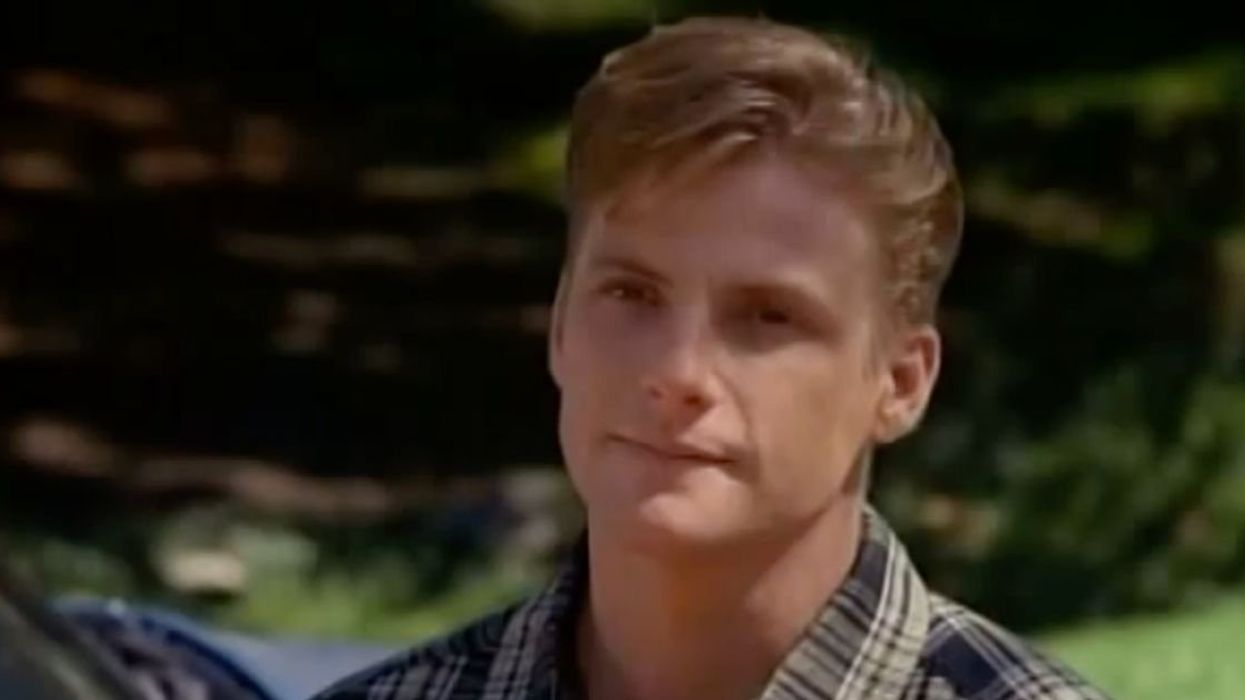
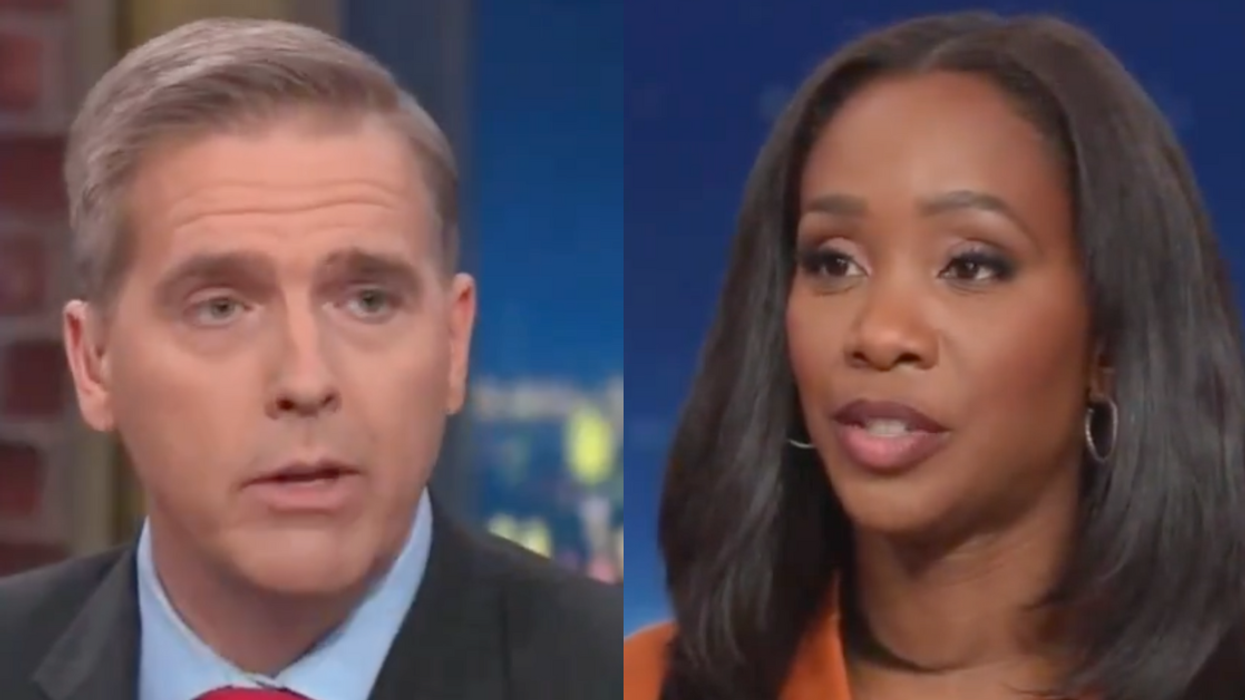
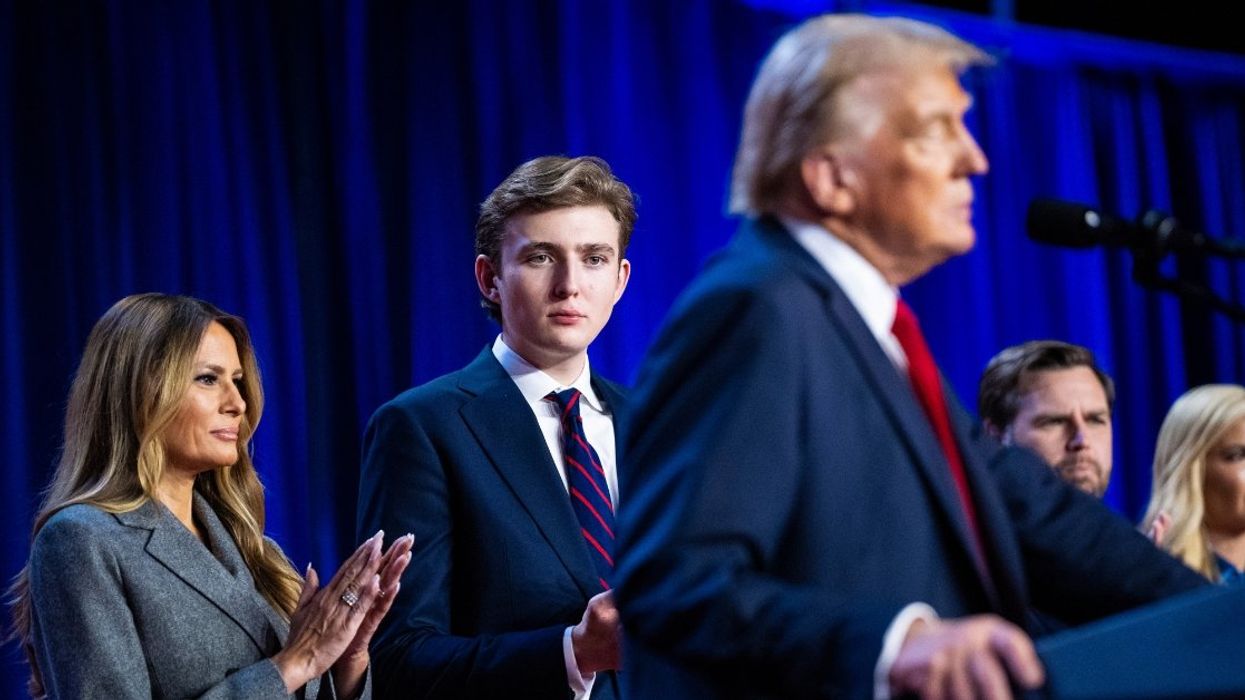
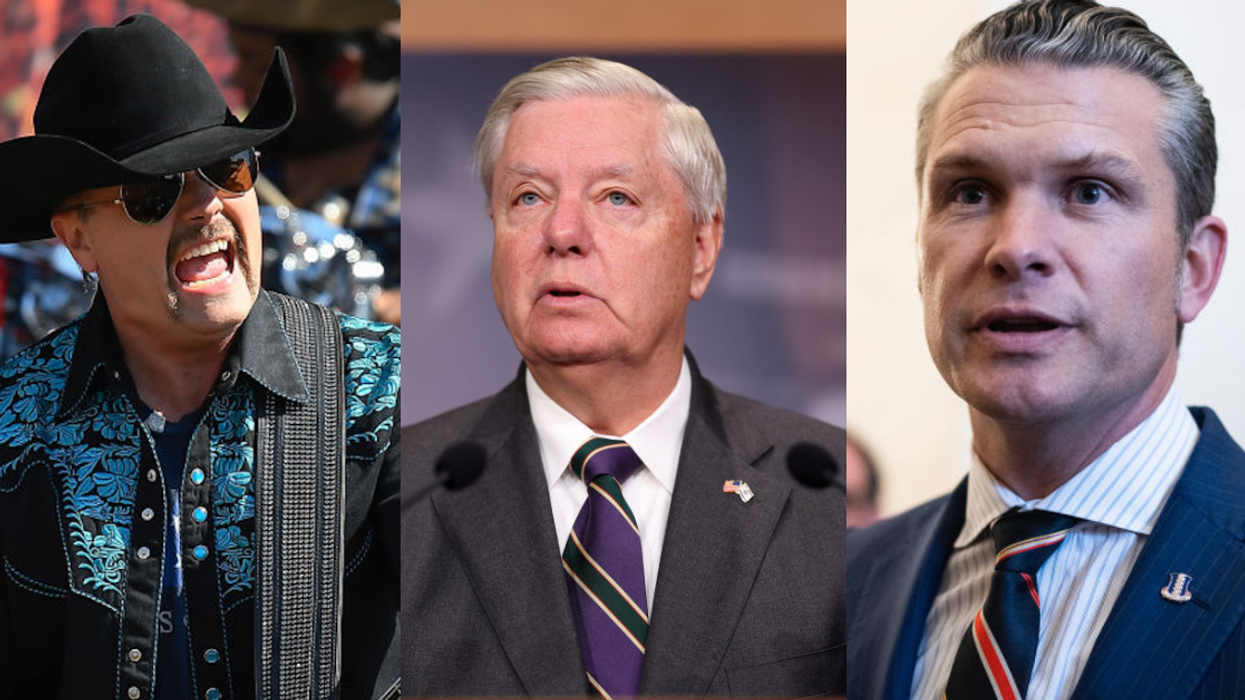
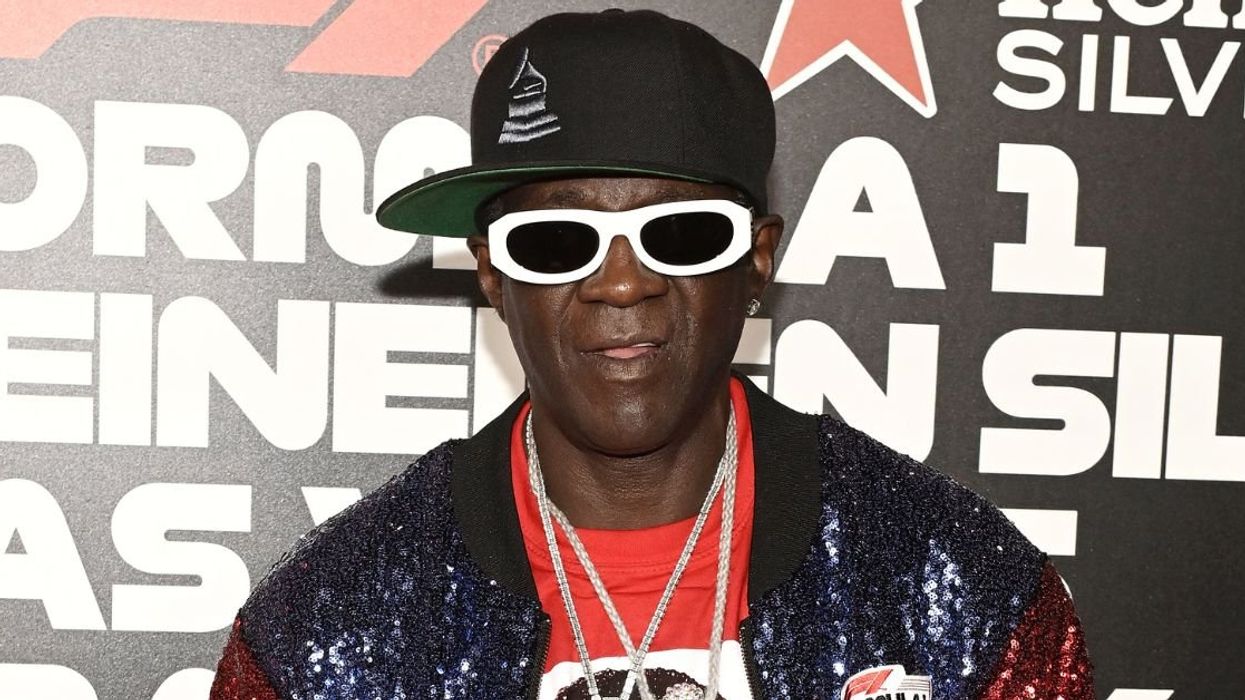
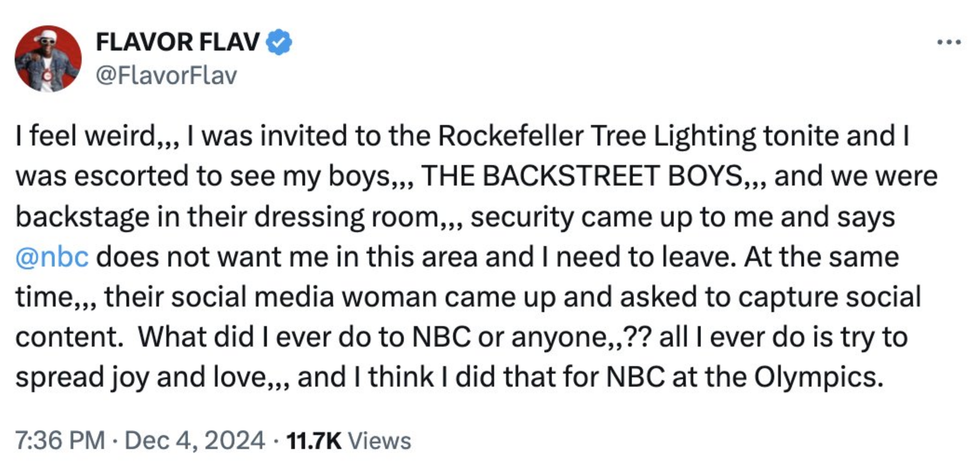 @FlavorFlav/X
@FlavorFlav/X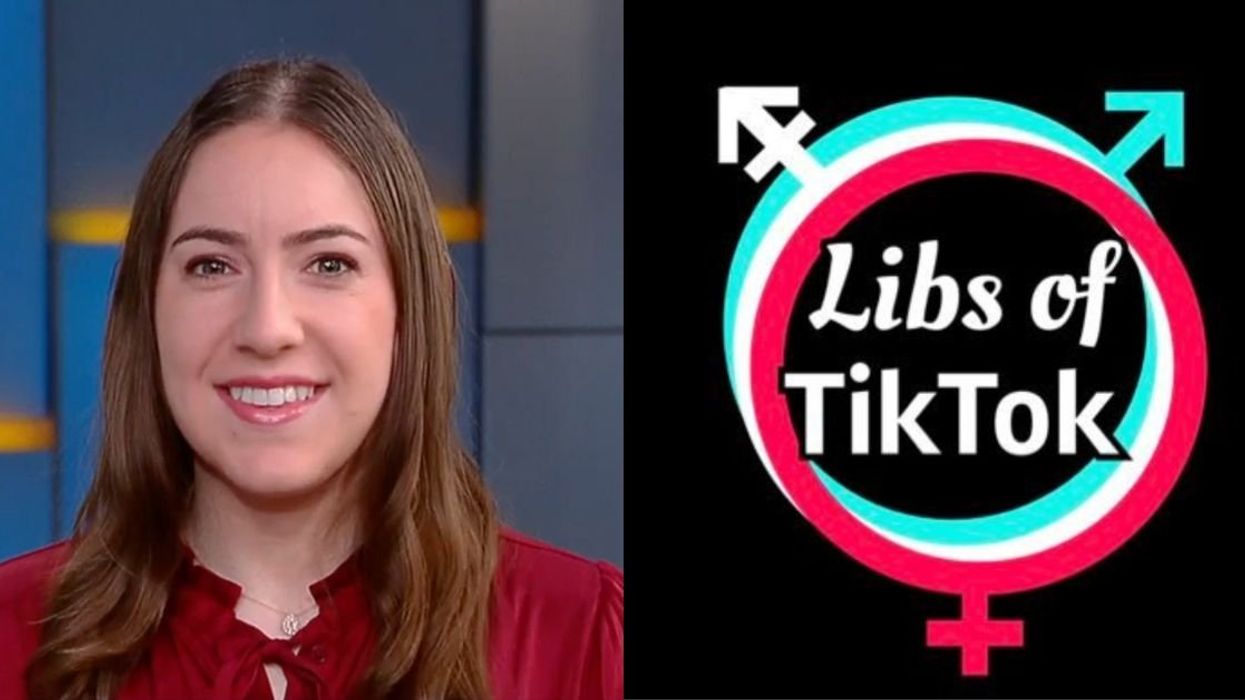
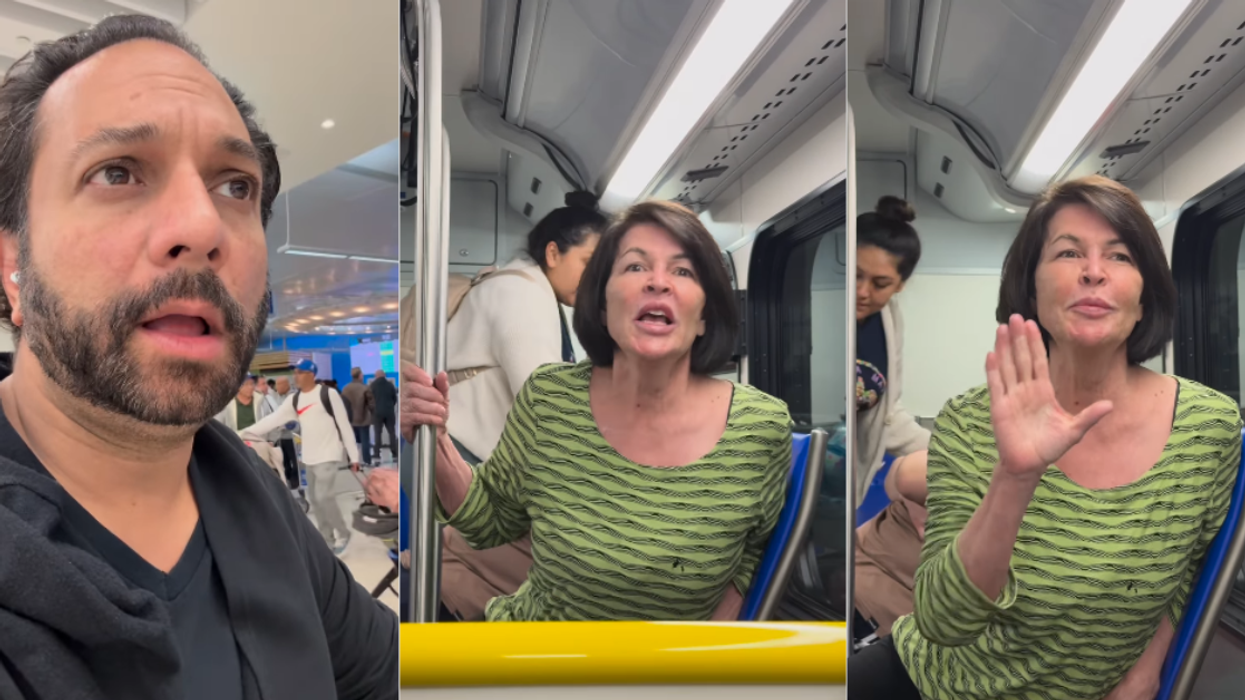
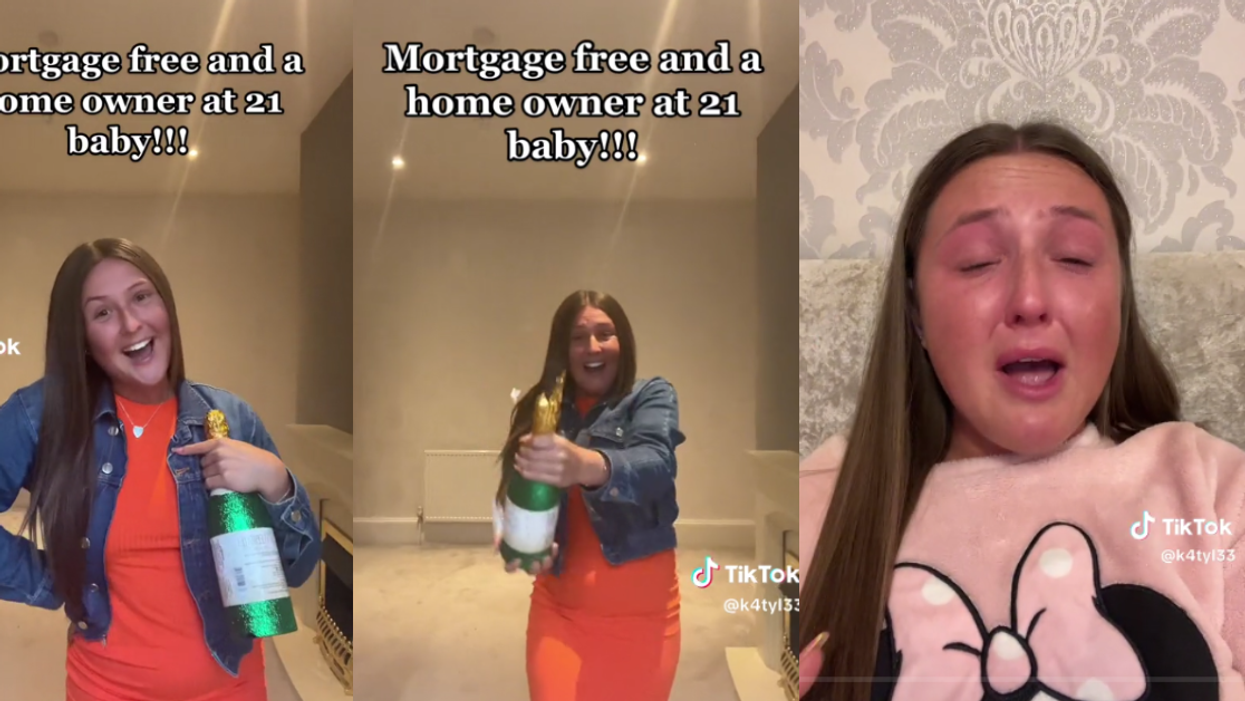
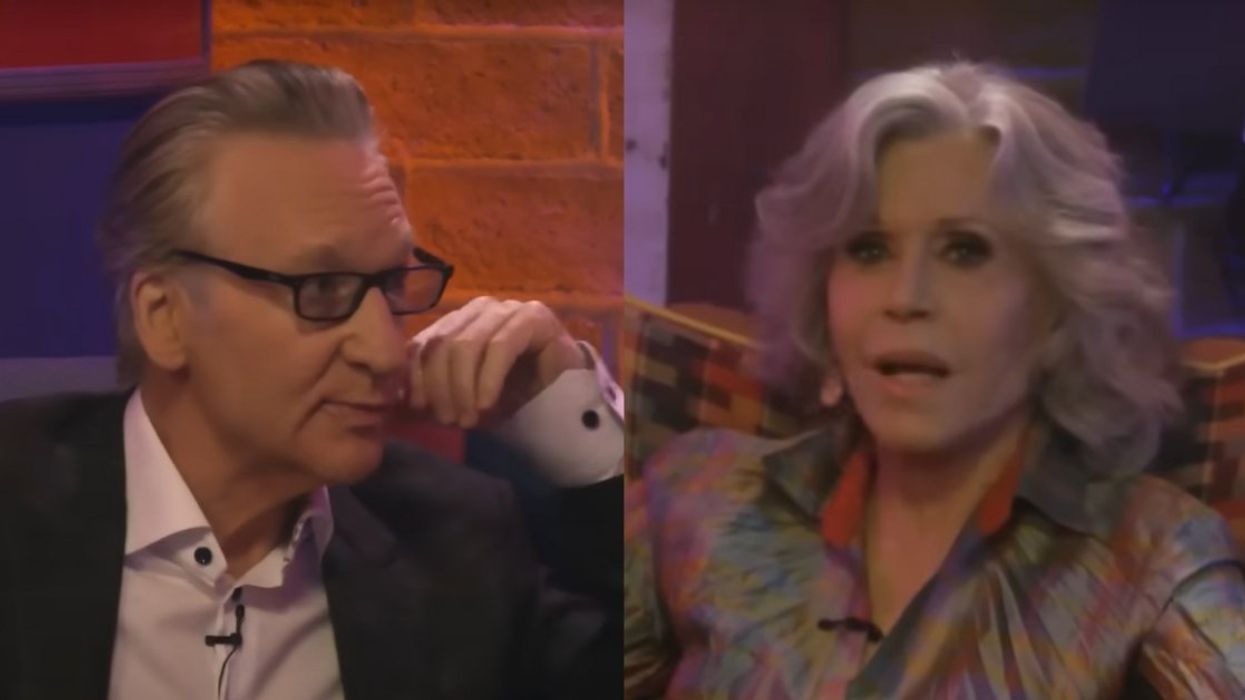
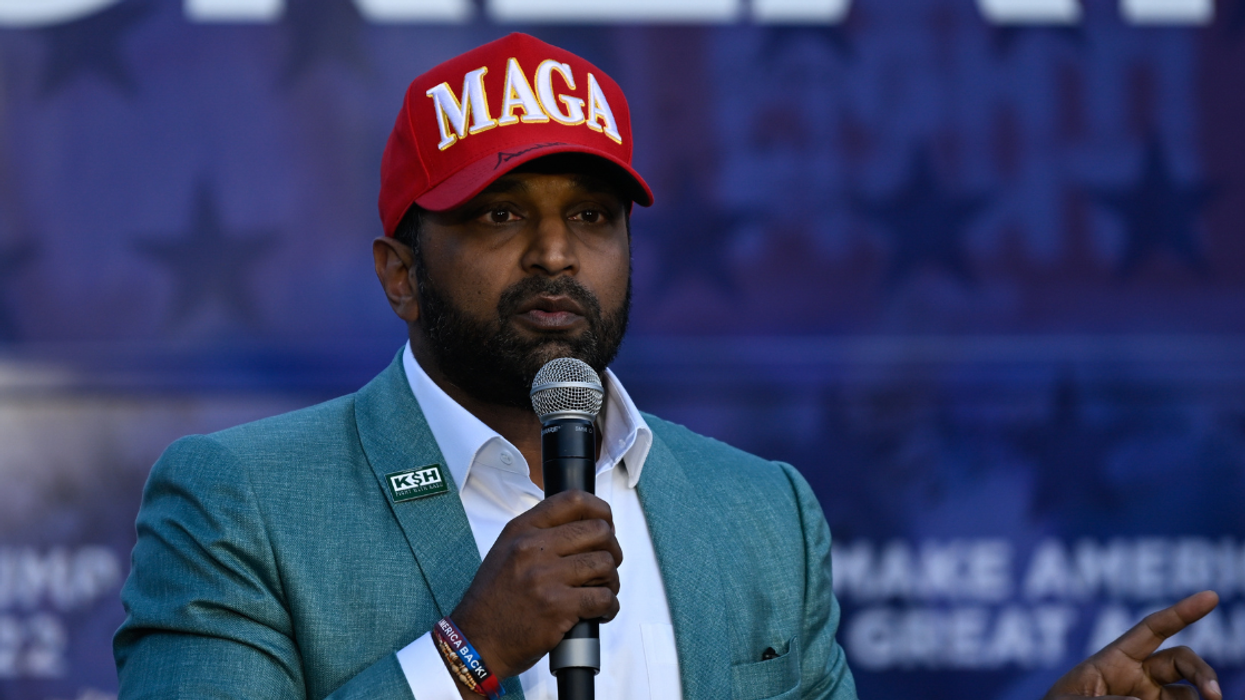
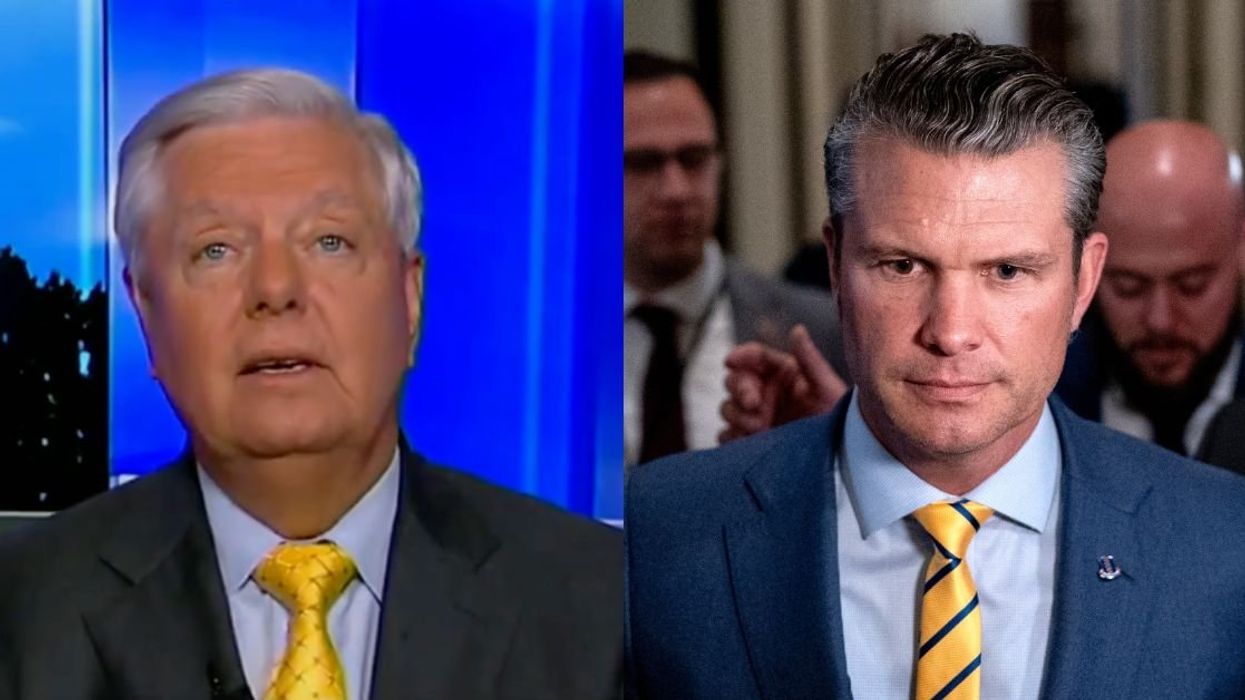
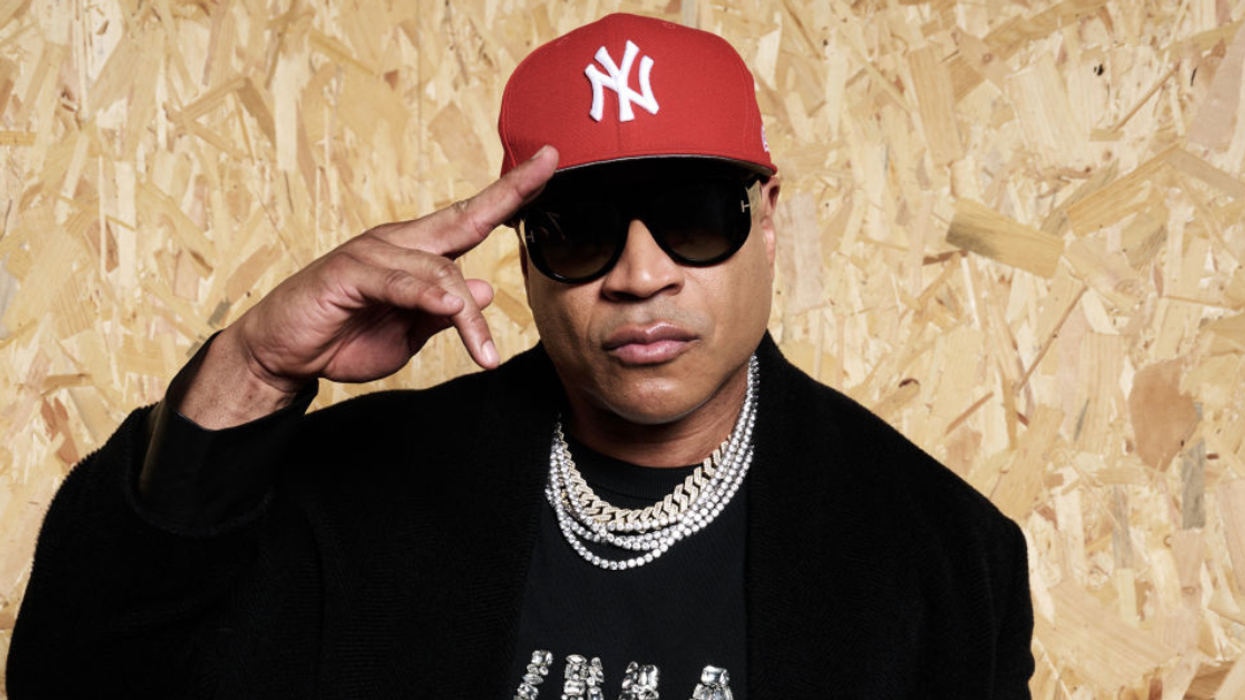
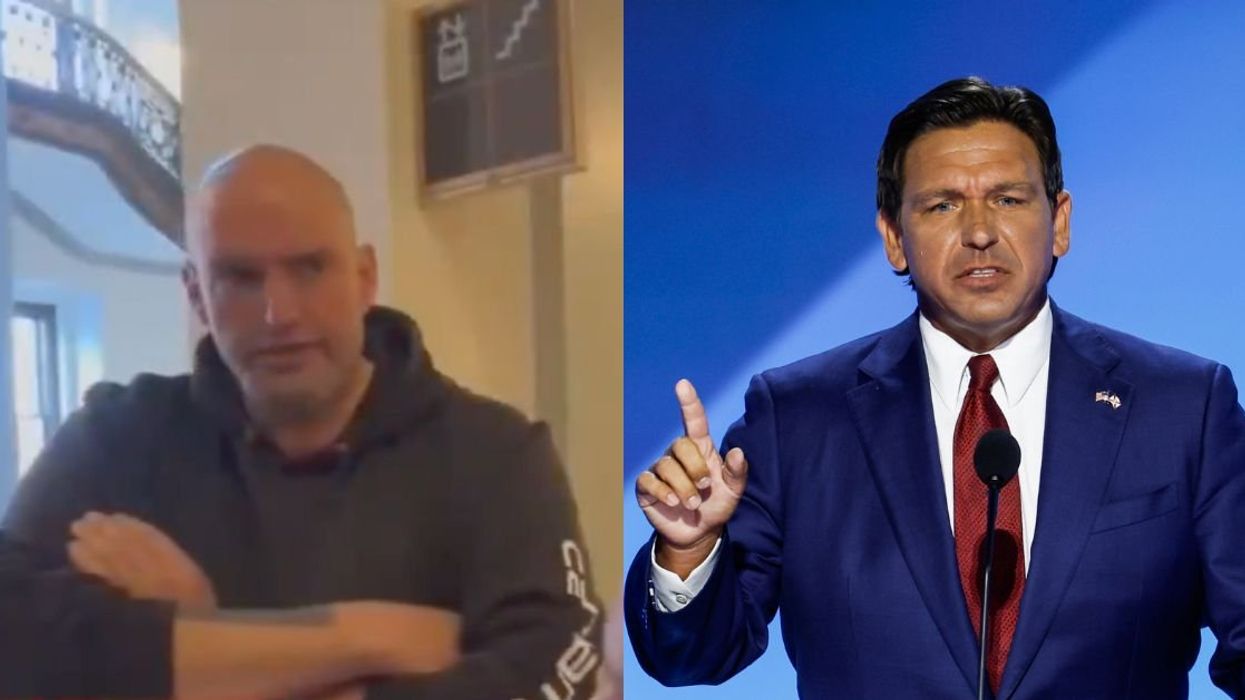
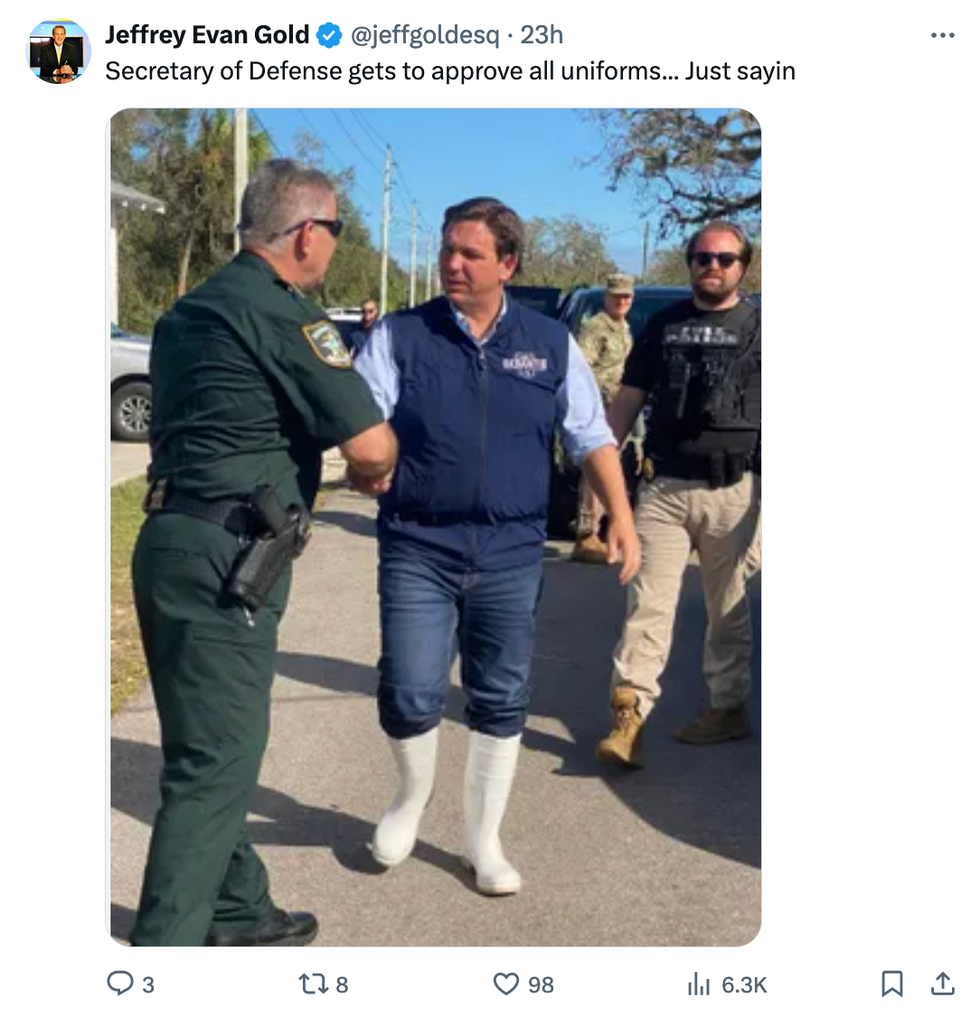 @jeffgoldesq/X
@jeffgoldesq/X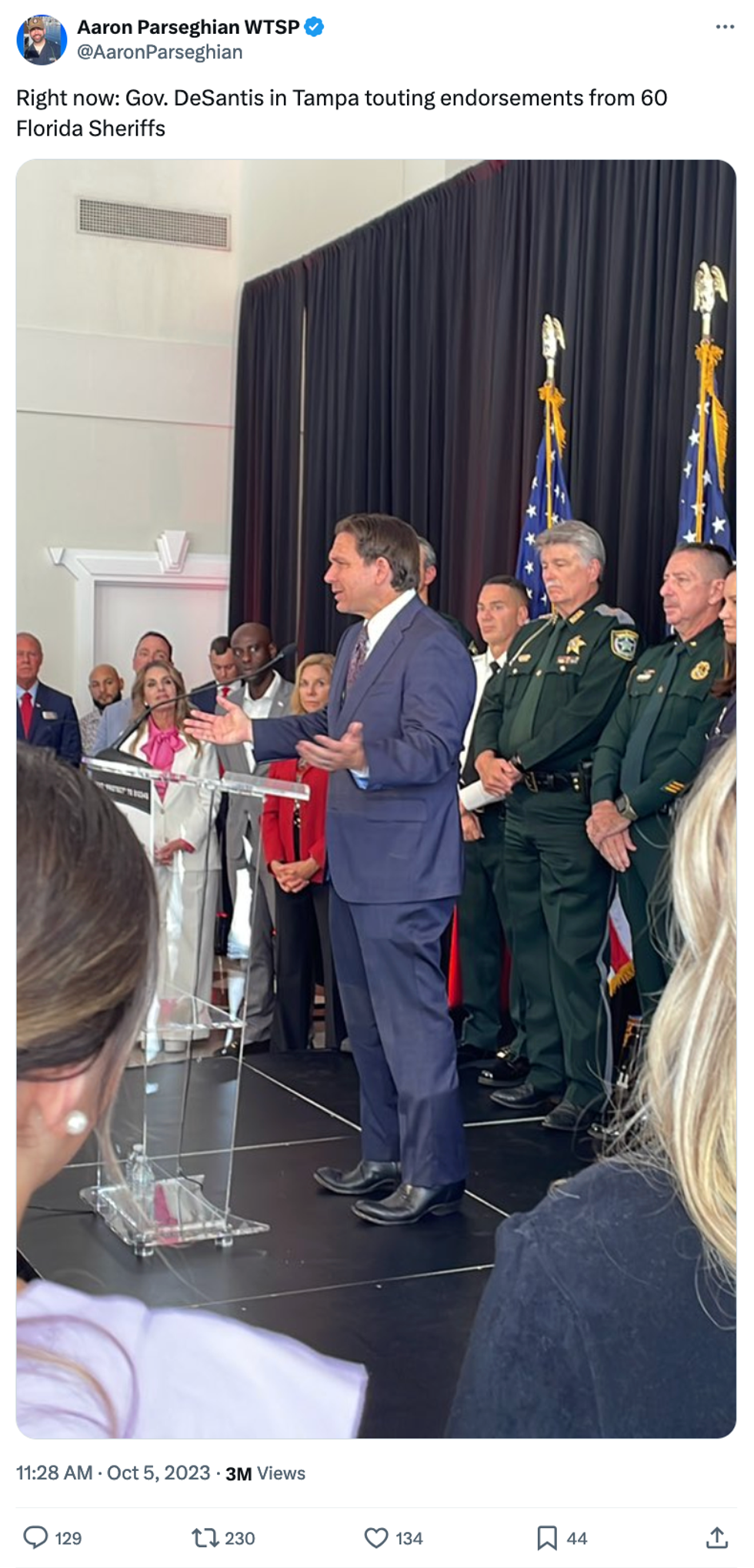 @AaronParseghian/X
@AaronParseghian/X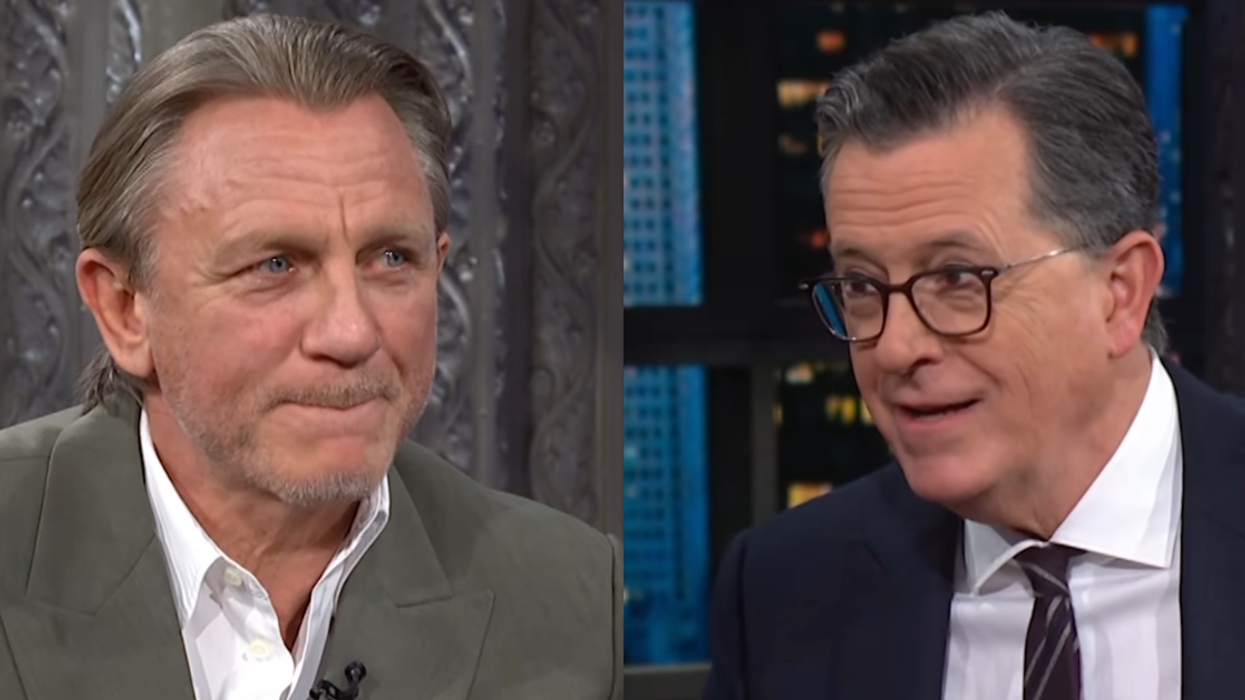
 @margaritacoxmusic/Instagram
@margaritacoxmusic/Instagram @denisesomething/Instagram
@denisesomething/Instagram @_clairenibhrolchain/Instagram
@_clairenibhrolchain/Instagram @the_dhkc/Instagram
@the_dhkc/Instagram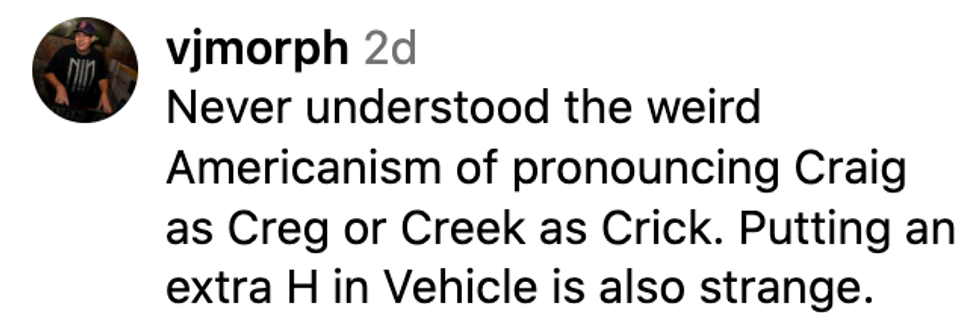 @vjmorph/Instagram
@vjmorph/Instagram @huneybea/Instagram
@huneybea/Instagram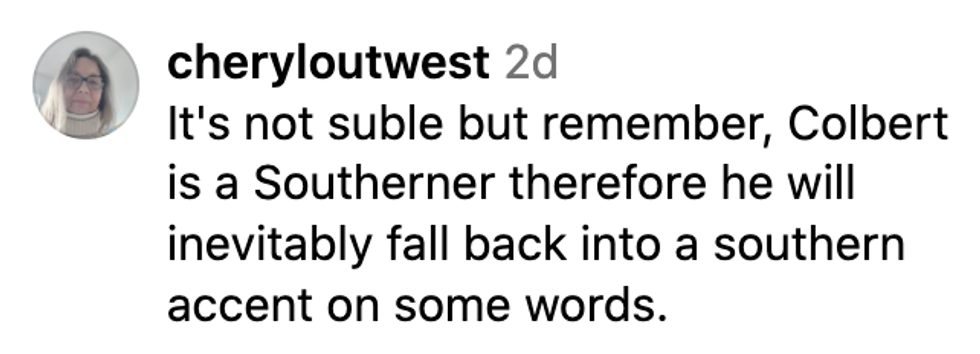 @cheryloutwest/Instagram
@cheryloutwest/Instagram @jayhawkscott/Instagram
@jayhawkscott/Instagram @nicolariske_/Instagram
@nicolariske_/Instagram @kinantipinta/Instagram
@kinantipinta/Instagram @radfordlizl/Instagram
@radfordlizl/Instagram @el_bonitas/Instagram
@el_bonitas/Instagram